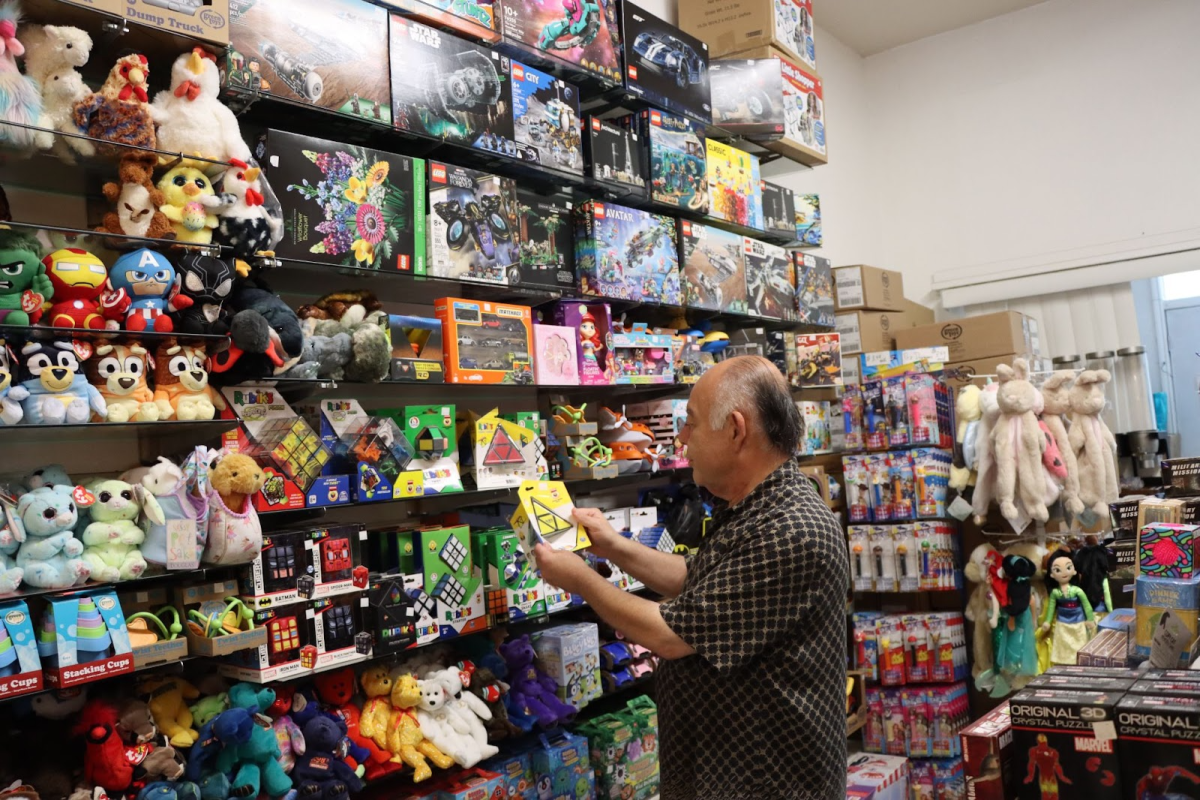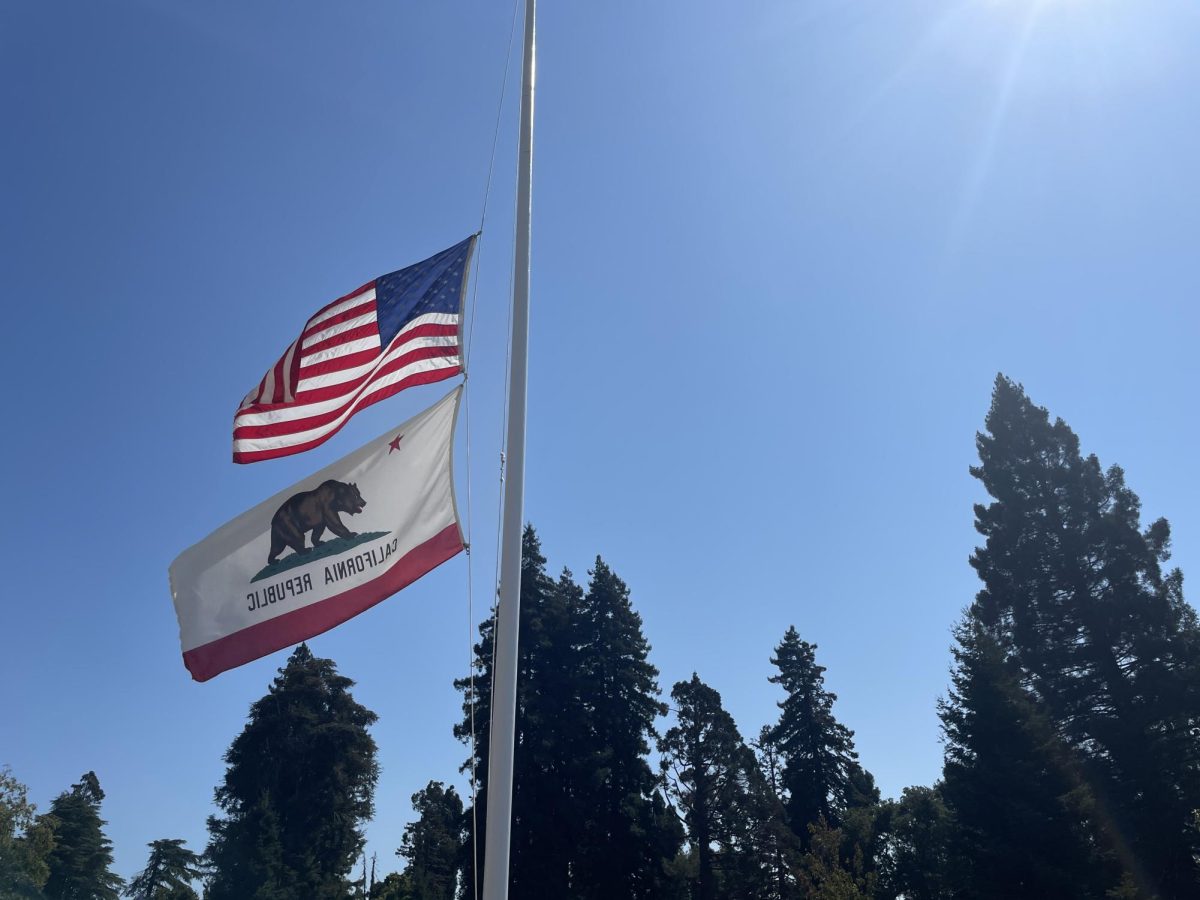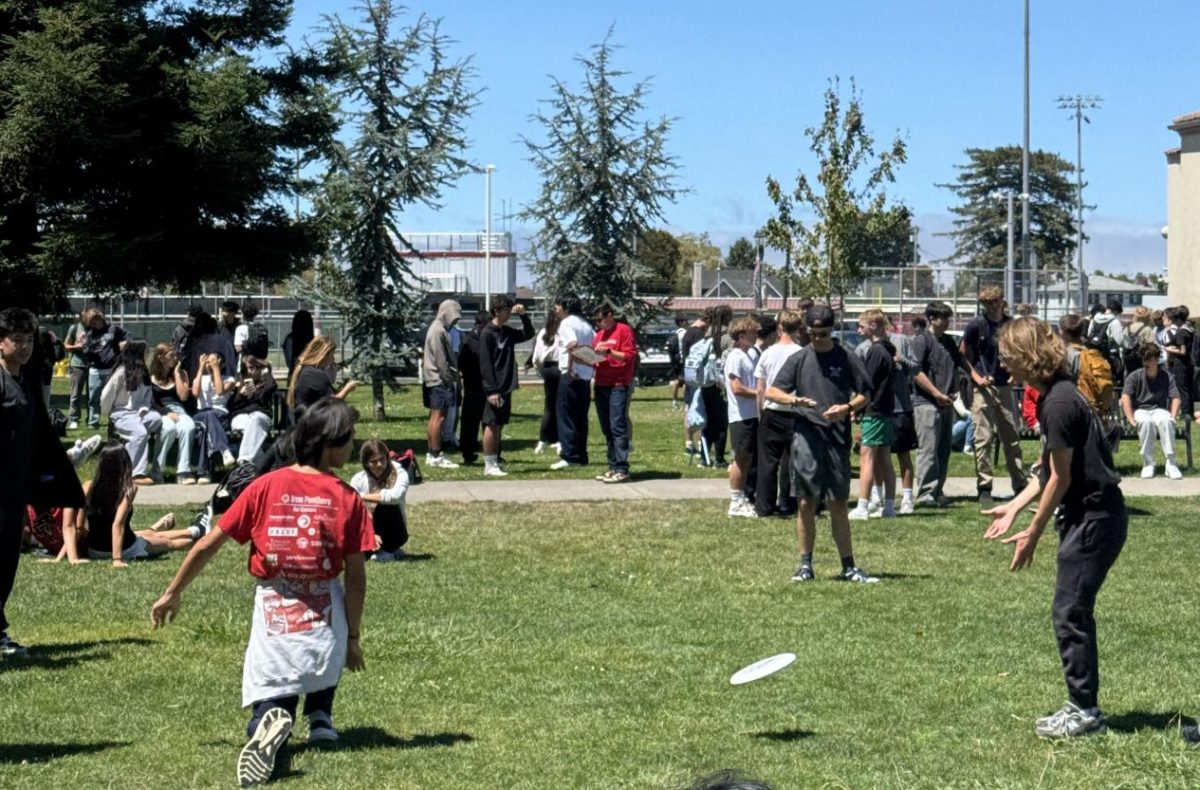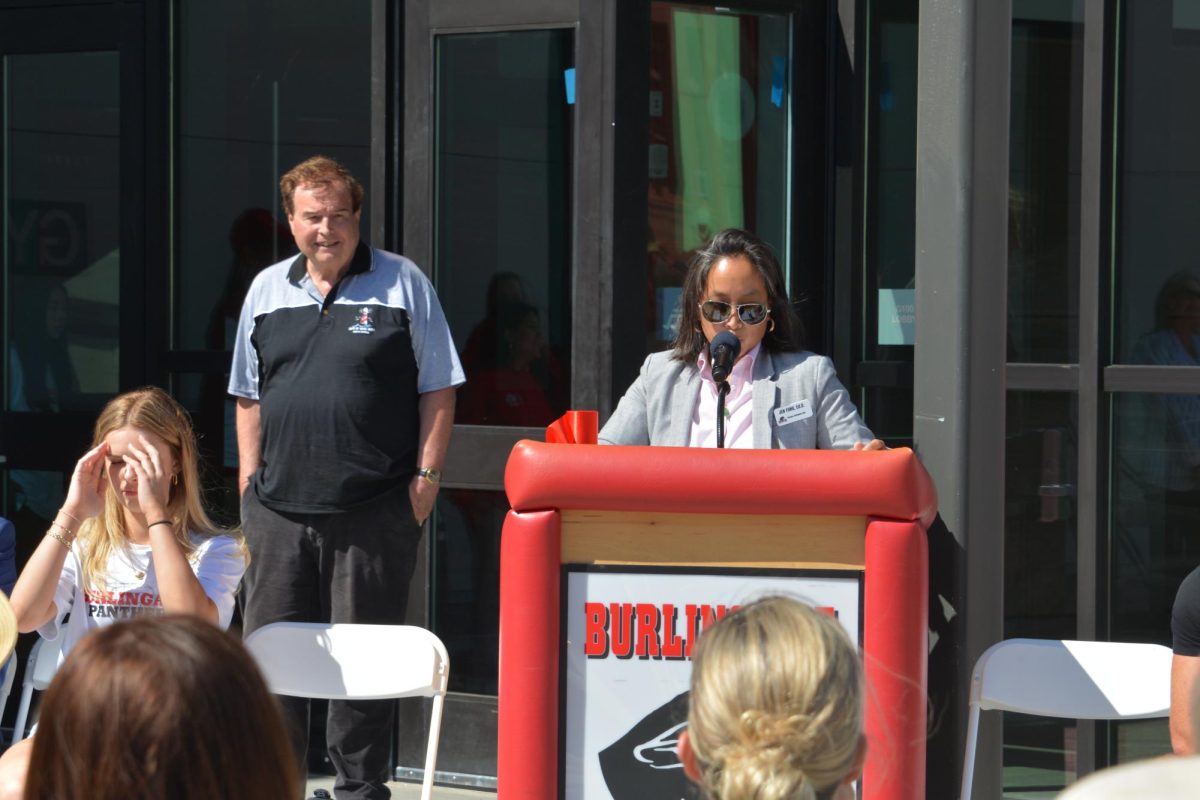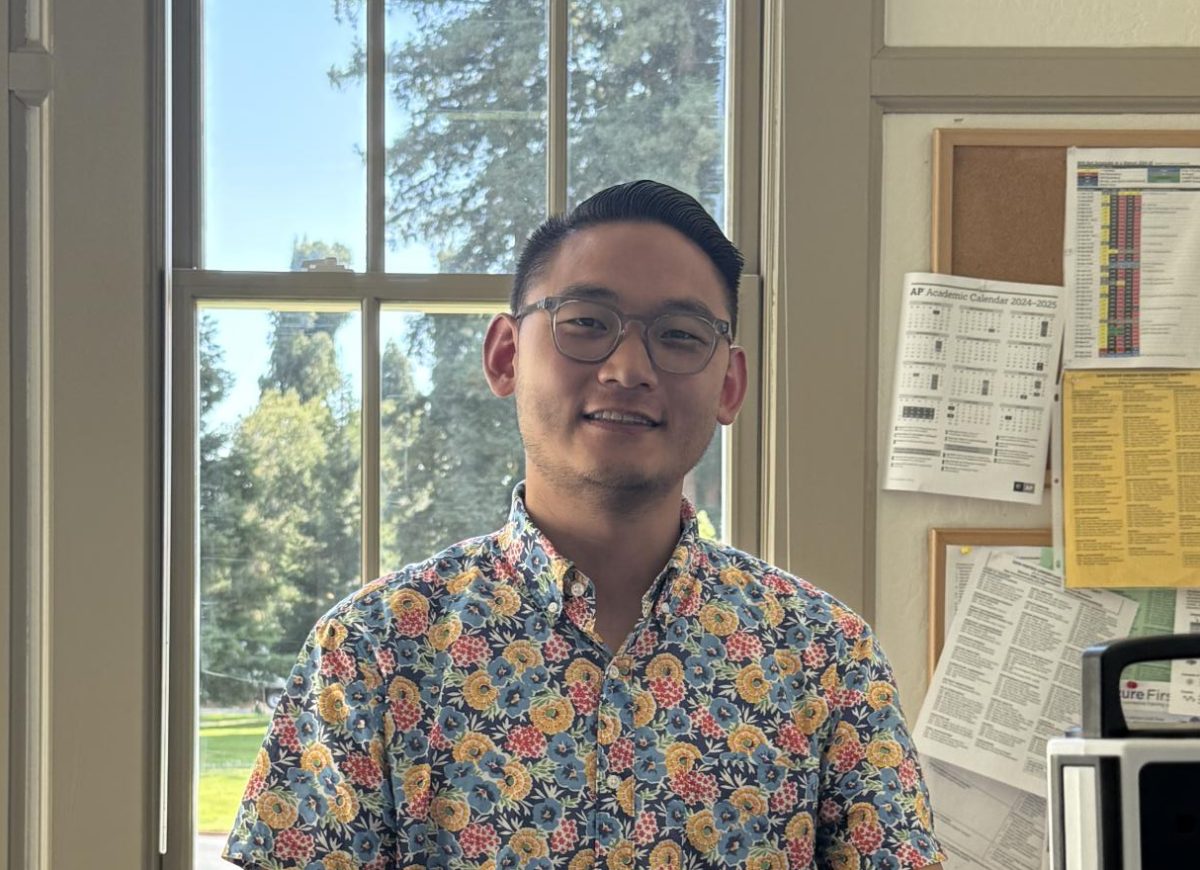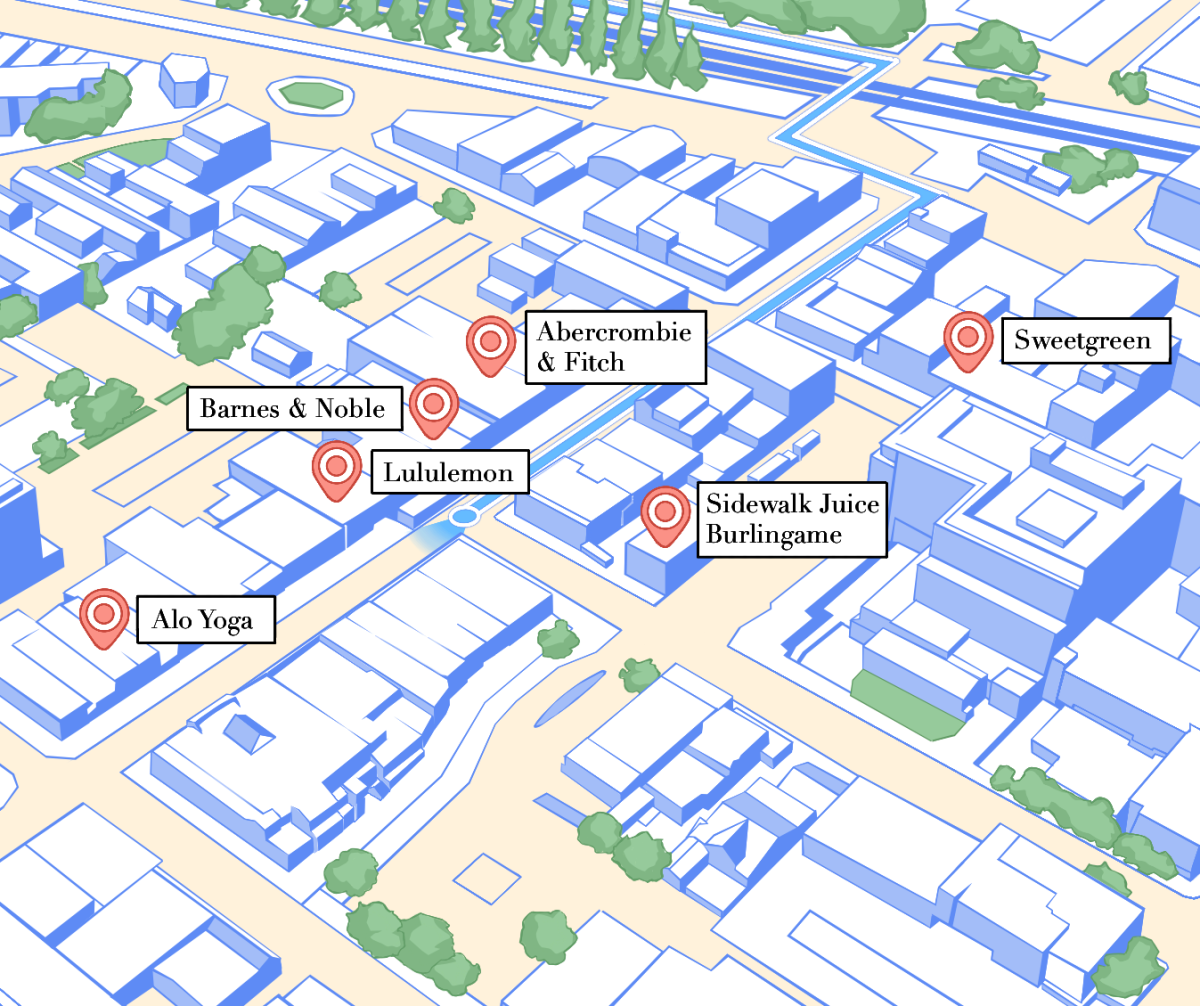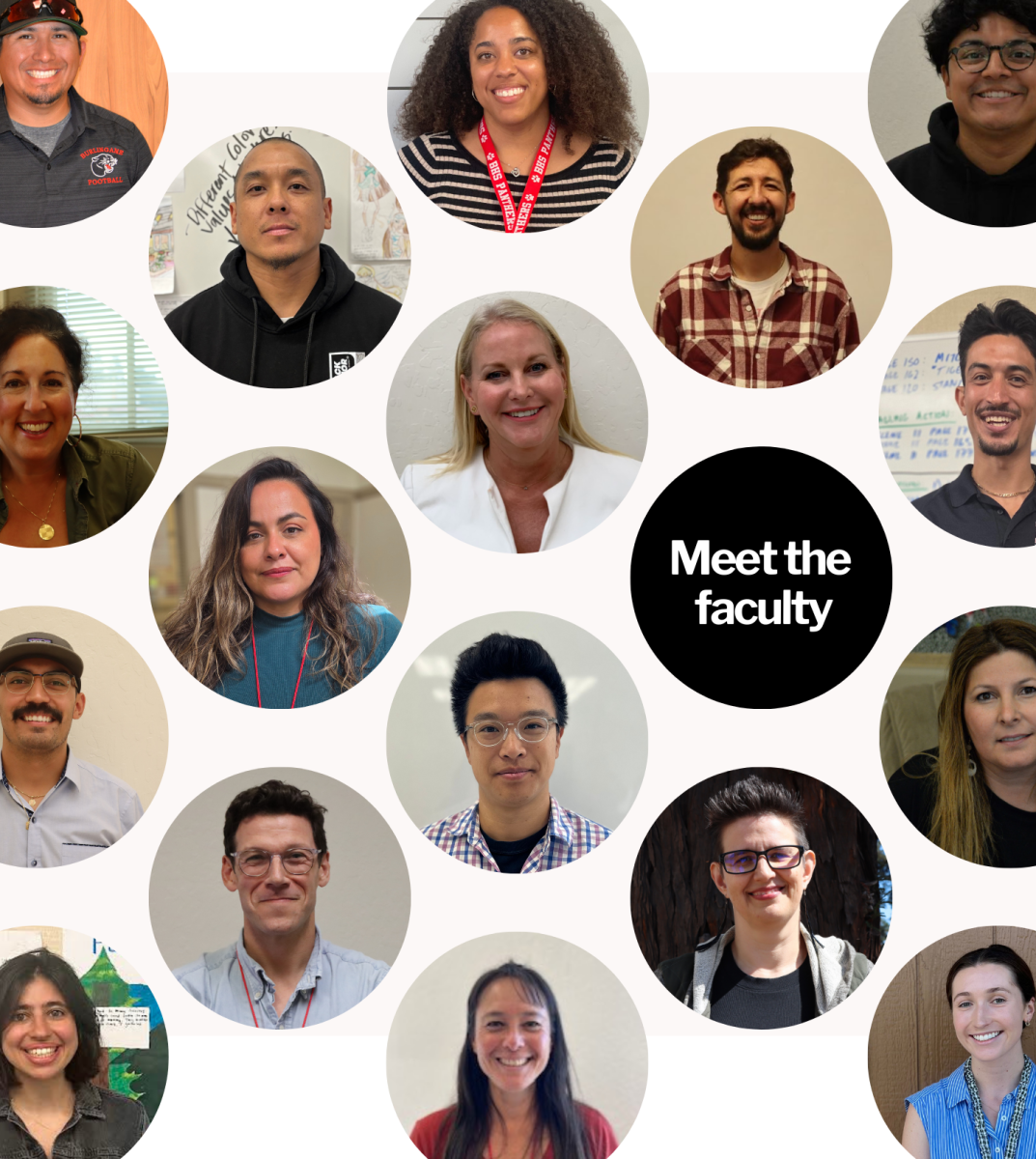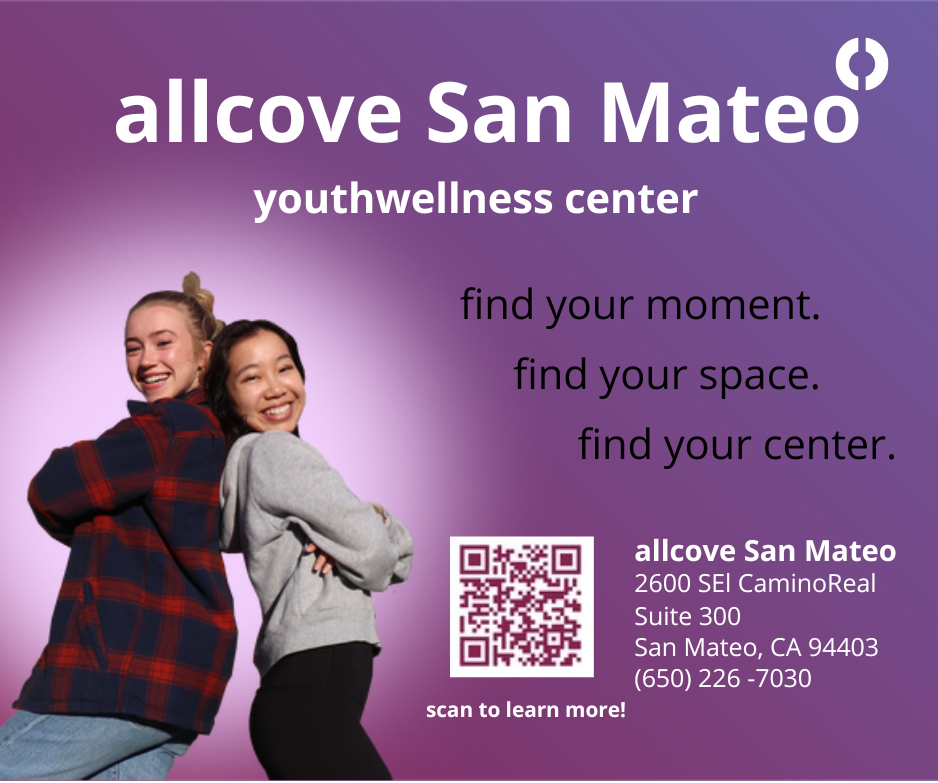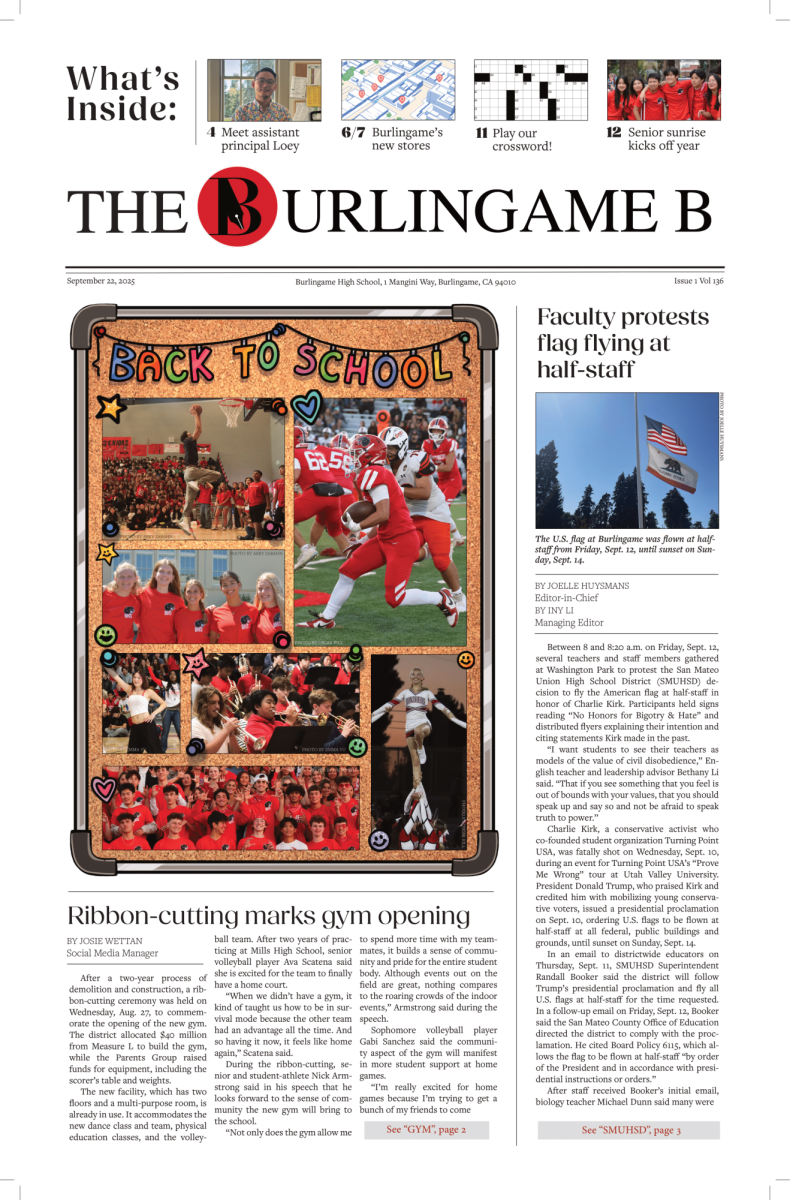

October 13, 2025

October 10, 2025
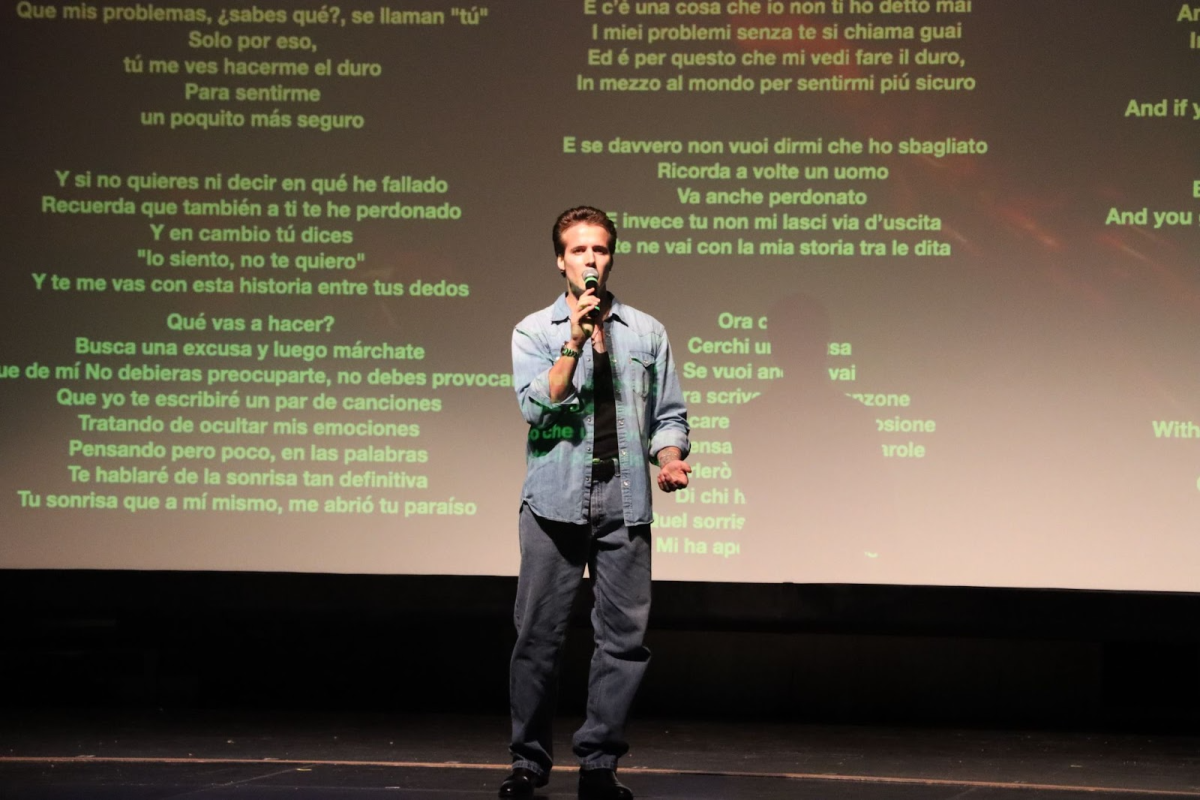

On Thursday, Oct. 2, Italian singer Teo Bok performed in the auditorium for the world language students....


September 26, 2025
Paige Cornelius, Business Manager
September 3, 2025
Abby Zarahn, Diversity Coordinator
April 28, 2025
Henry Gardner, Managing Editor
 ‘They don’t make them like they used to’: TV shows from the early 2000s are better than the ones now
‘They don’t make them like they used to’: TV shows from the early 2000s are better than the ones nowApril 19, 2025
Olivia Newman, Copy Editor


October 14, 2025
Kai Shah and Jonah Moss
October 13, 2025
Olivia Newman, Copy Editor
October 6, 2025
Josie Wettan, Social Media Manager
October 1, 2025
Alex Bertelli, Copy Editor
September 28, 2025
Audrey Wei, Social Coordinator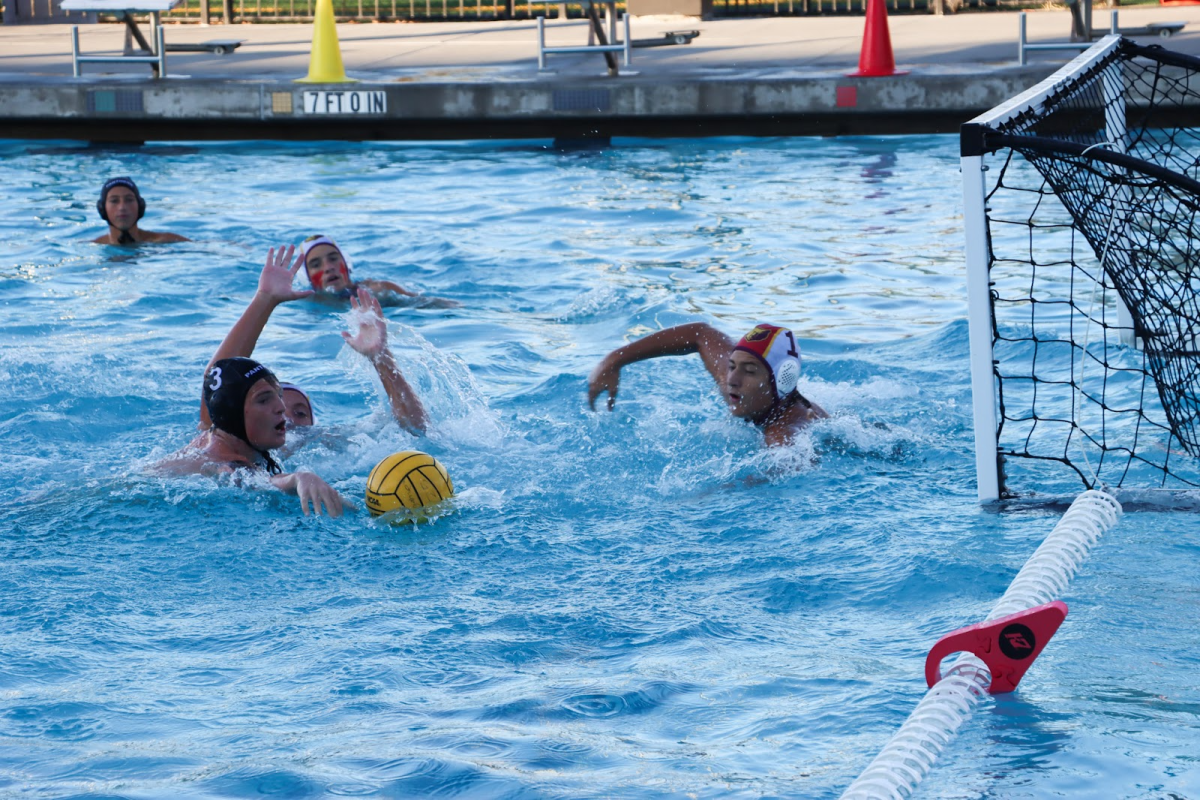
September 26, 2025
Akira Nakamura, Copy Editor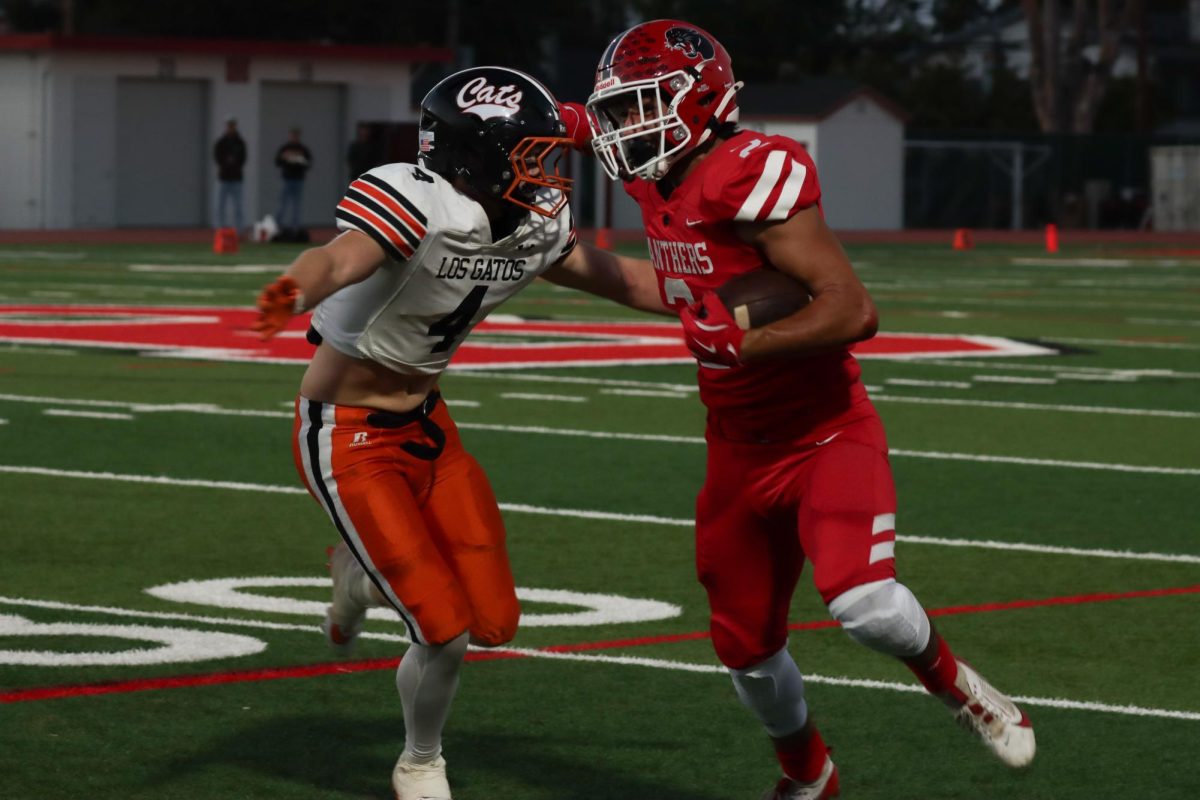
September 21, 2025
Kai Shah, Sports Editor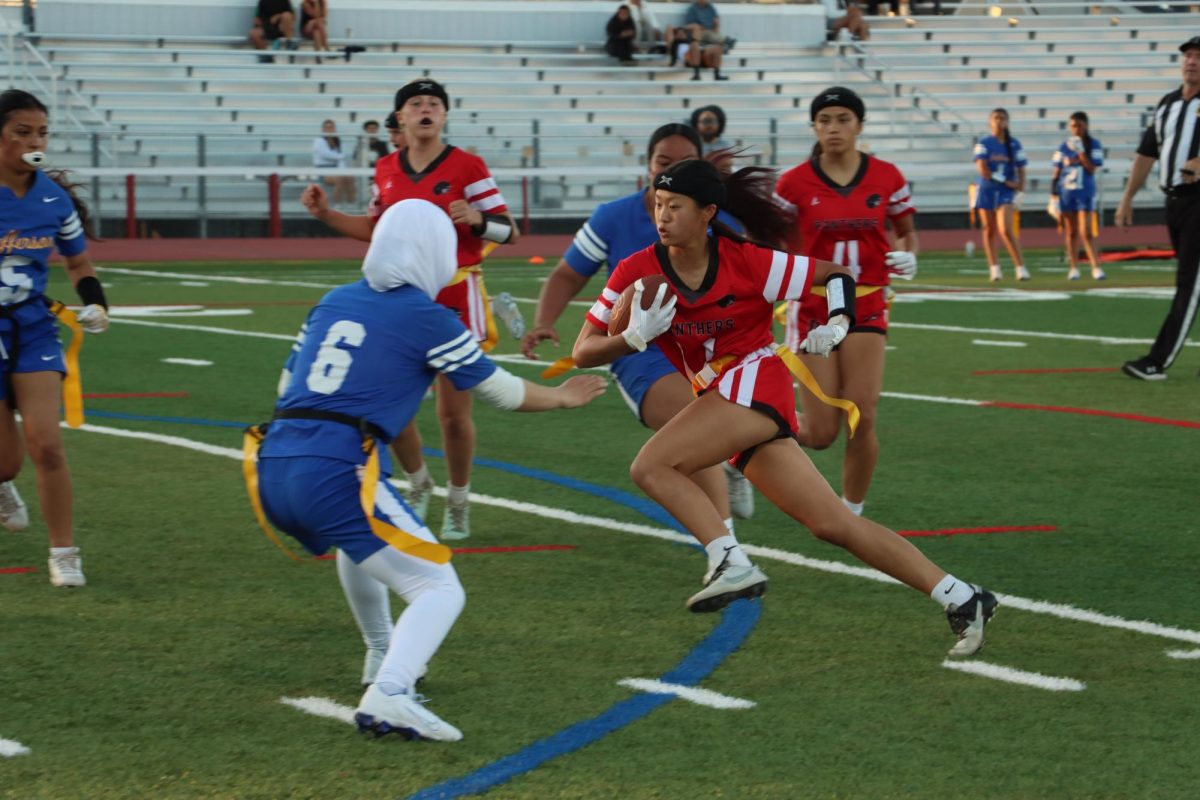
September 20, 2025
Paige Cornelius, Business Manager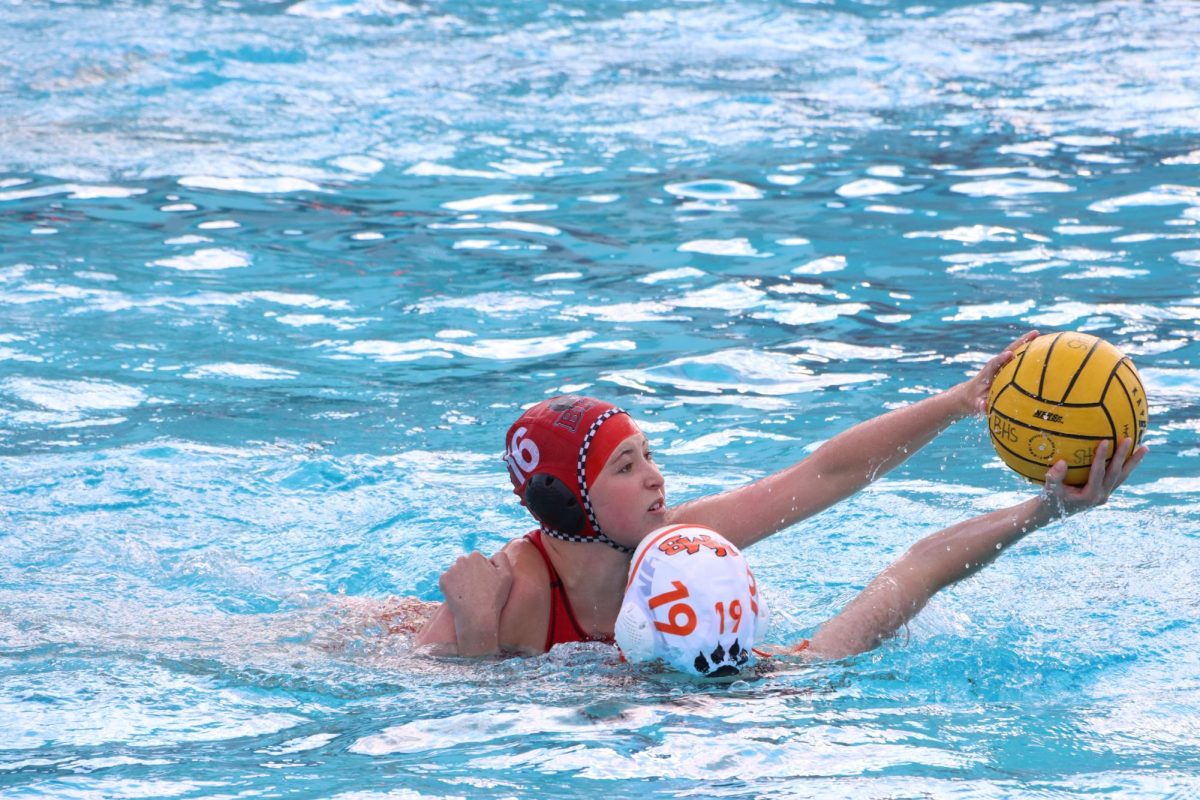
September 19, 2025
Abby Zarahn, Diversity Coordinator
September 17, 2025
Kai Shah, Sports Editor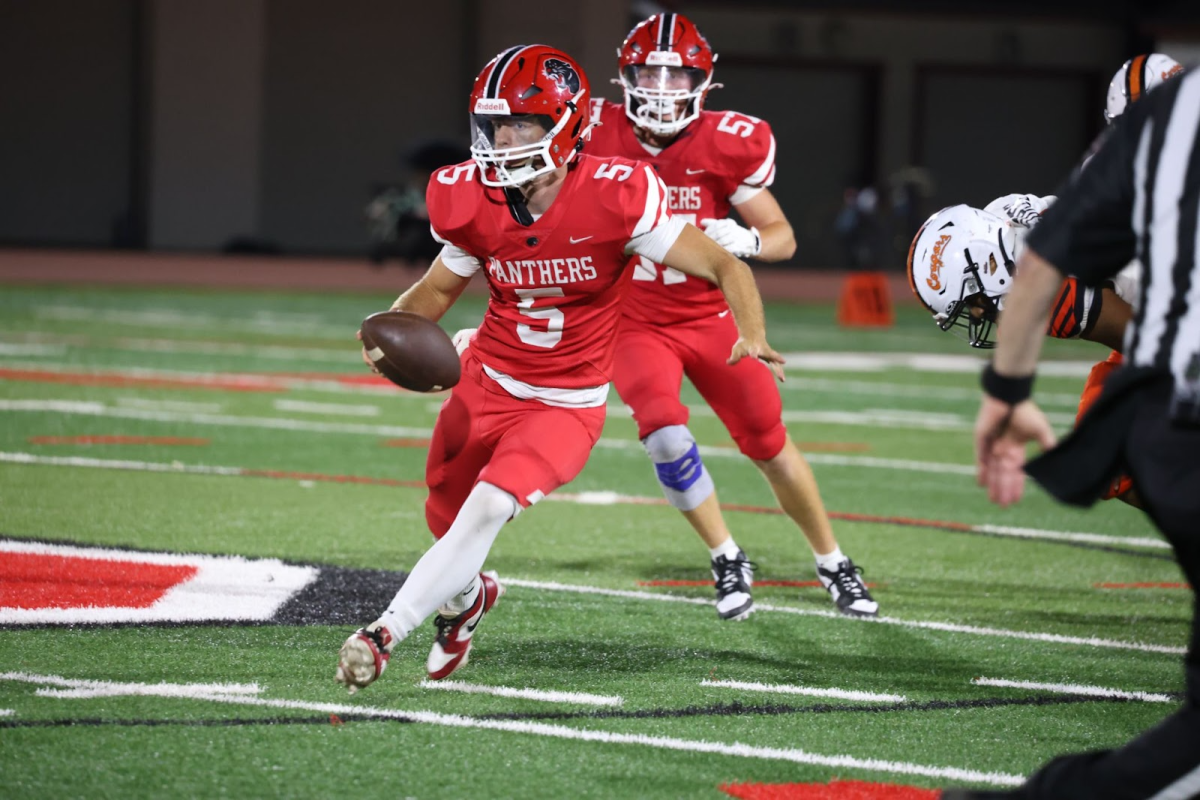
September 2, 2025
Kai Shah, Sports Editor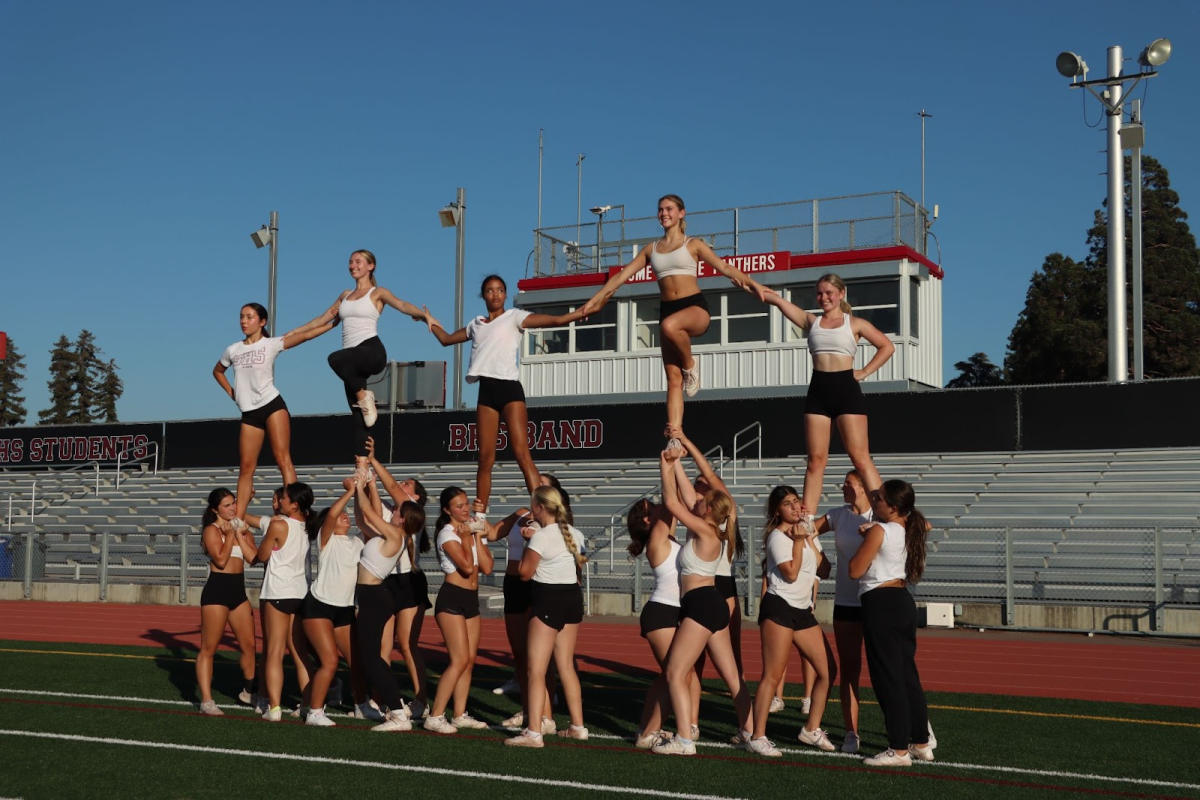
September 2, 2025
Kai Shah, Alex Bertelli, Josie Wettan, Olivia Newman, Akira Nakamura, Abby Zarahn, Paige Cornelius, Oscar Bill, and Audrey Wei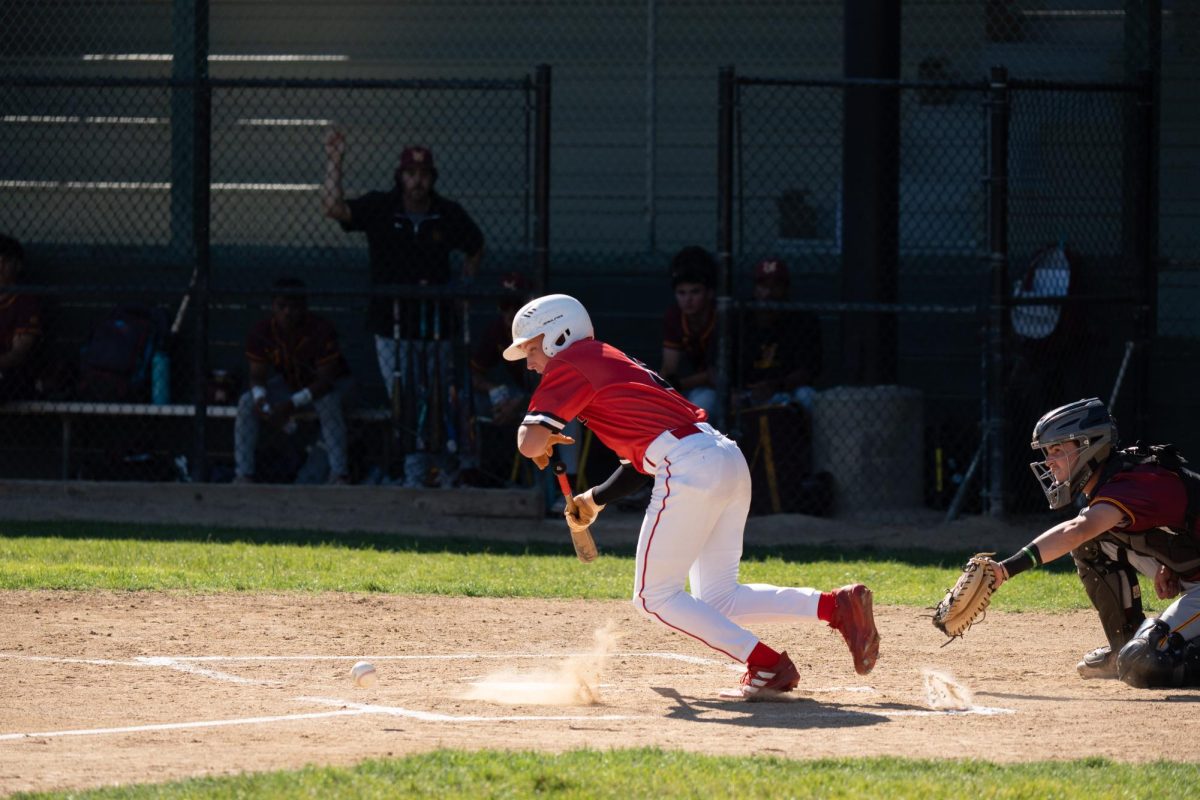
May 24, 2025
Kai Shah, Sports Editor
May 24, 2025
Akira Nakamura, Copy Editor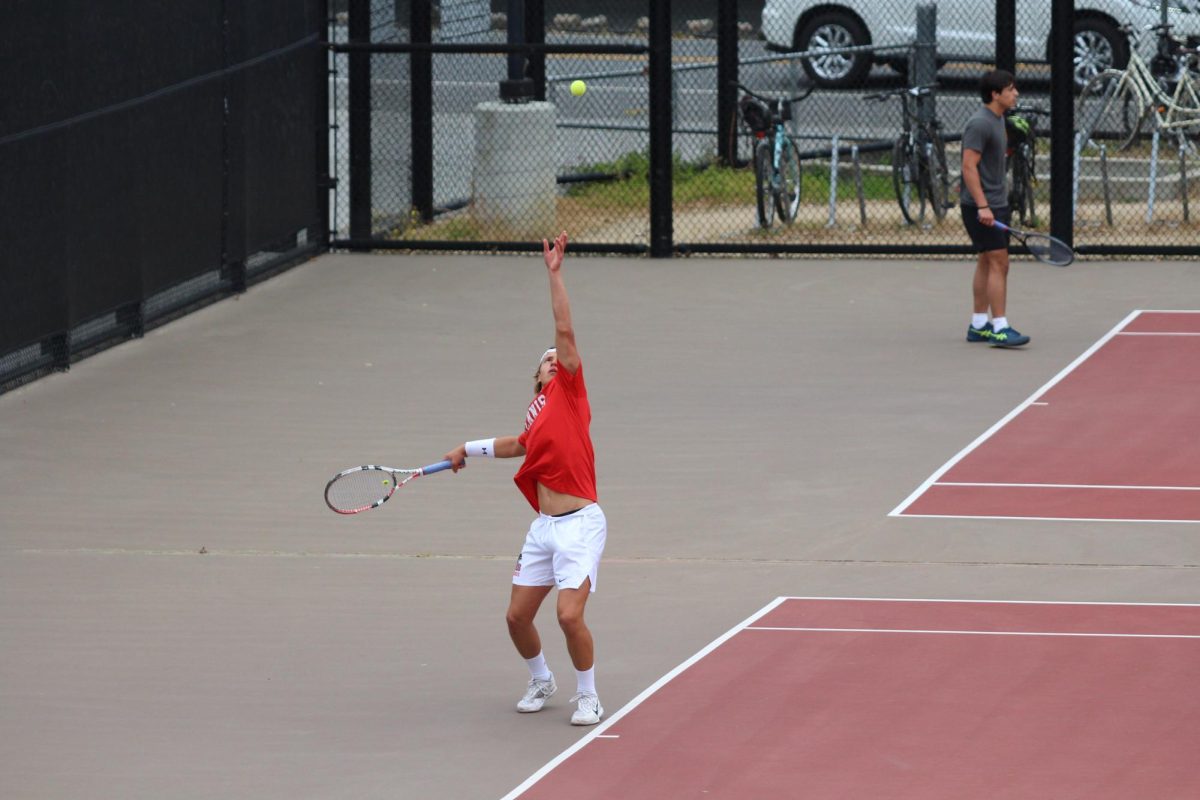
May 22, 2025
Evelyn Du, Managing Editor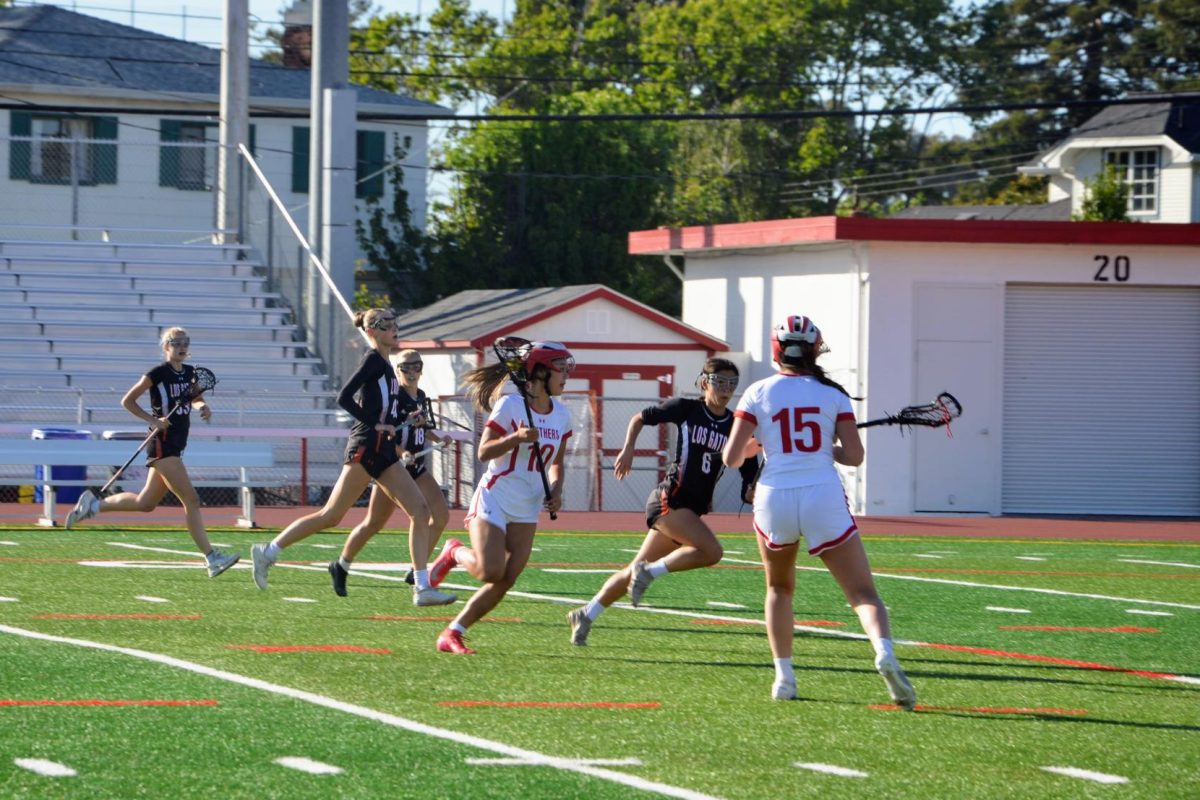
May 20, 2025
Kaylee Hwang, Design Editor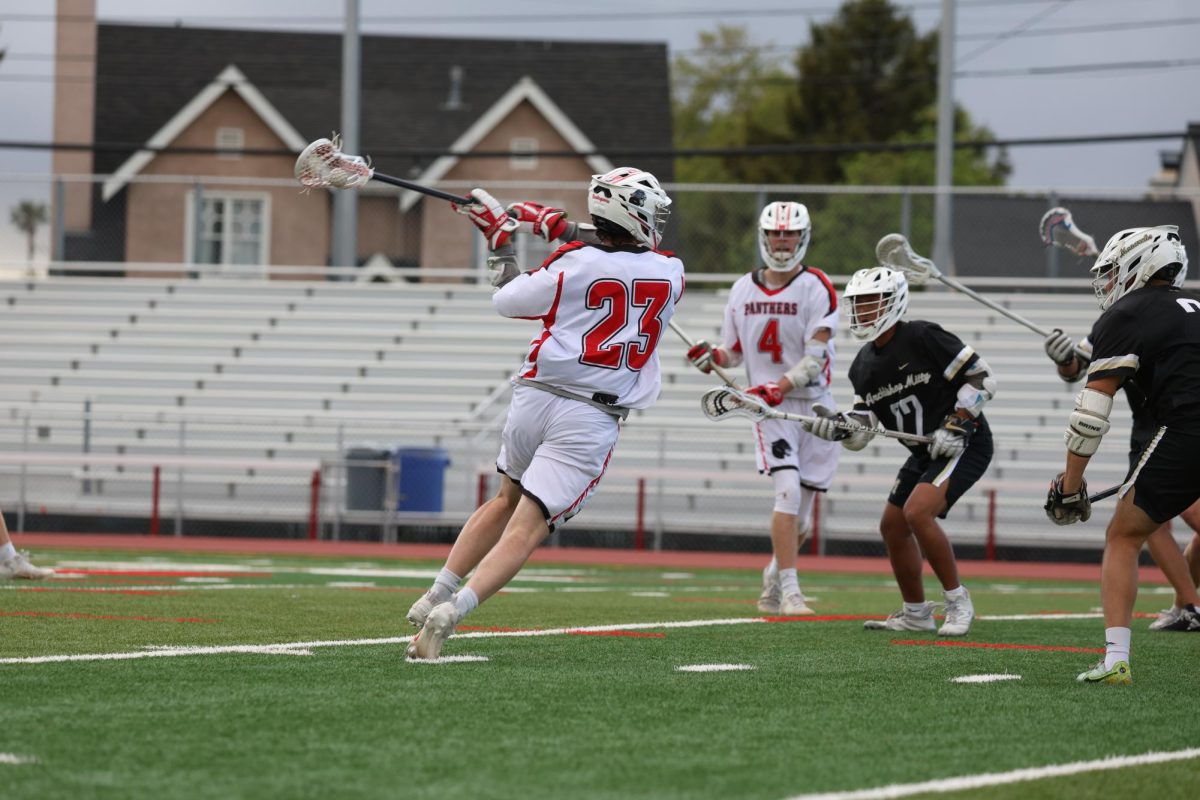
May 20, 2025
Henry Gardner, Managing Editor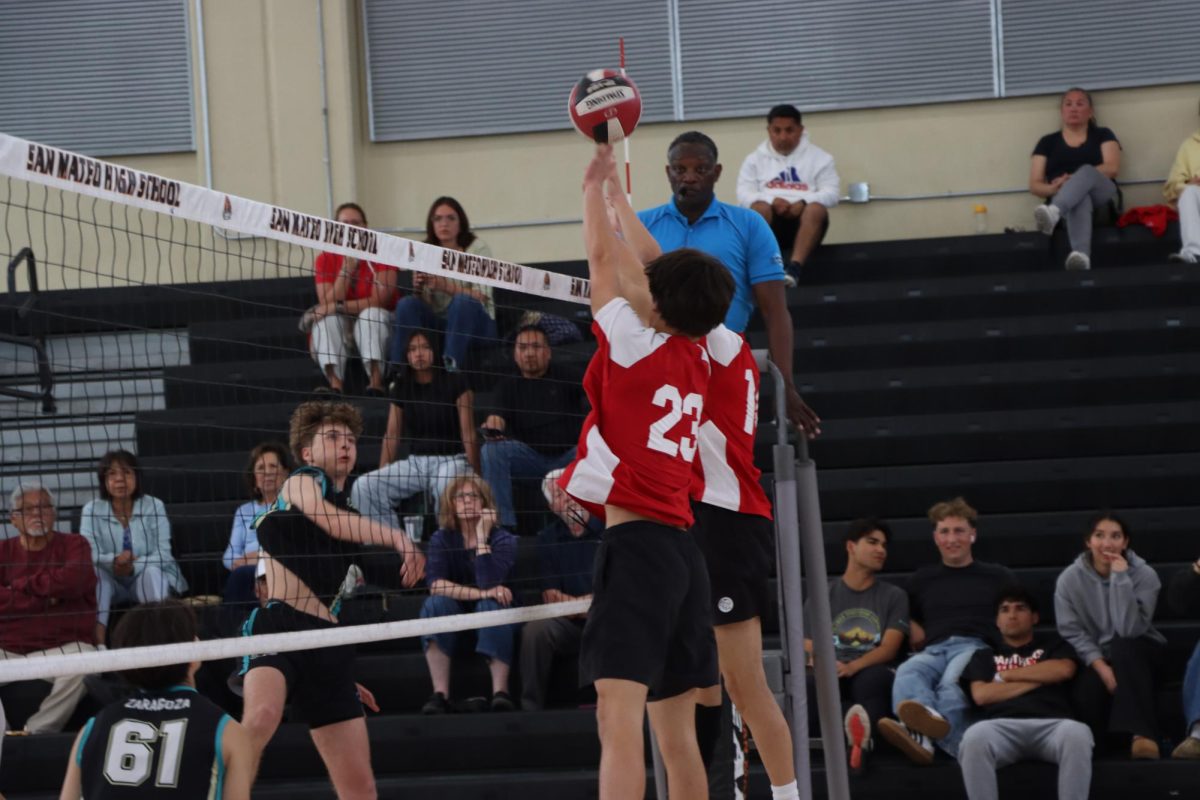
May 19, 2025
Will Kriner, Copy Editor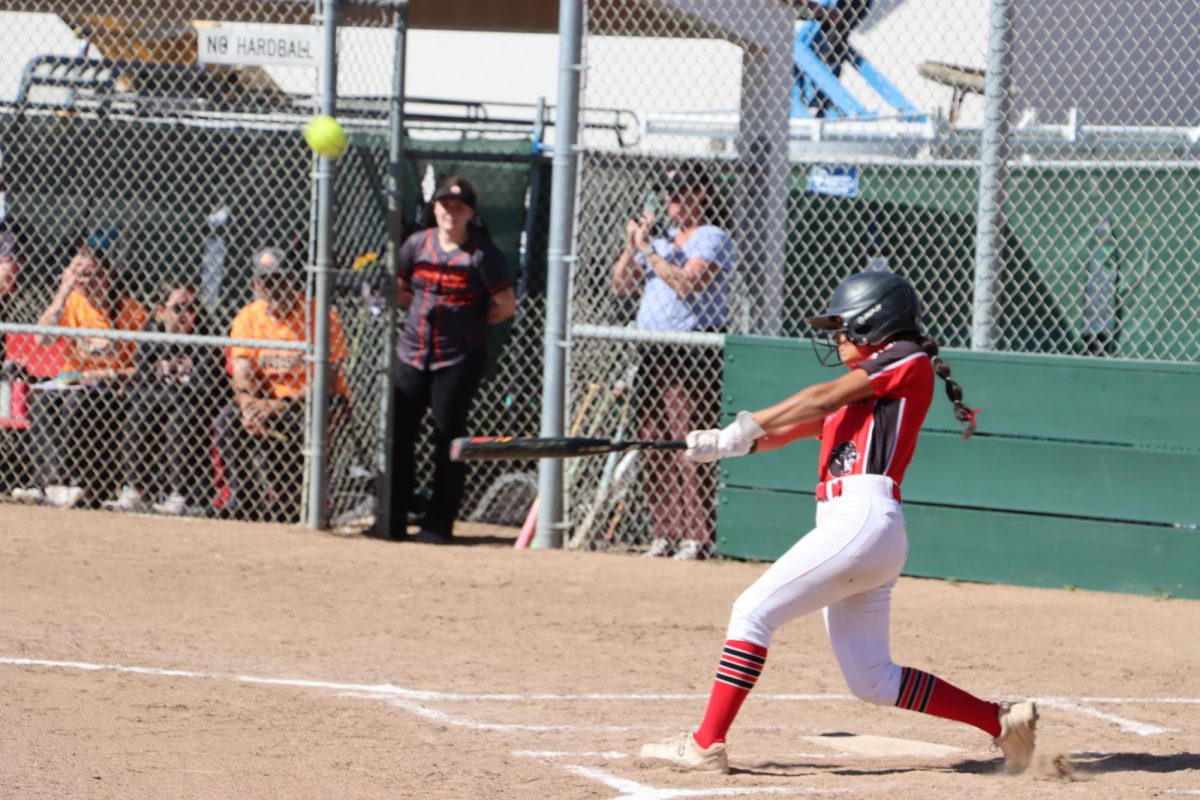
May 19, 2025
Olivia Newman, Copy Editor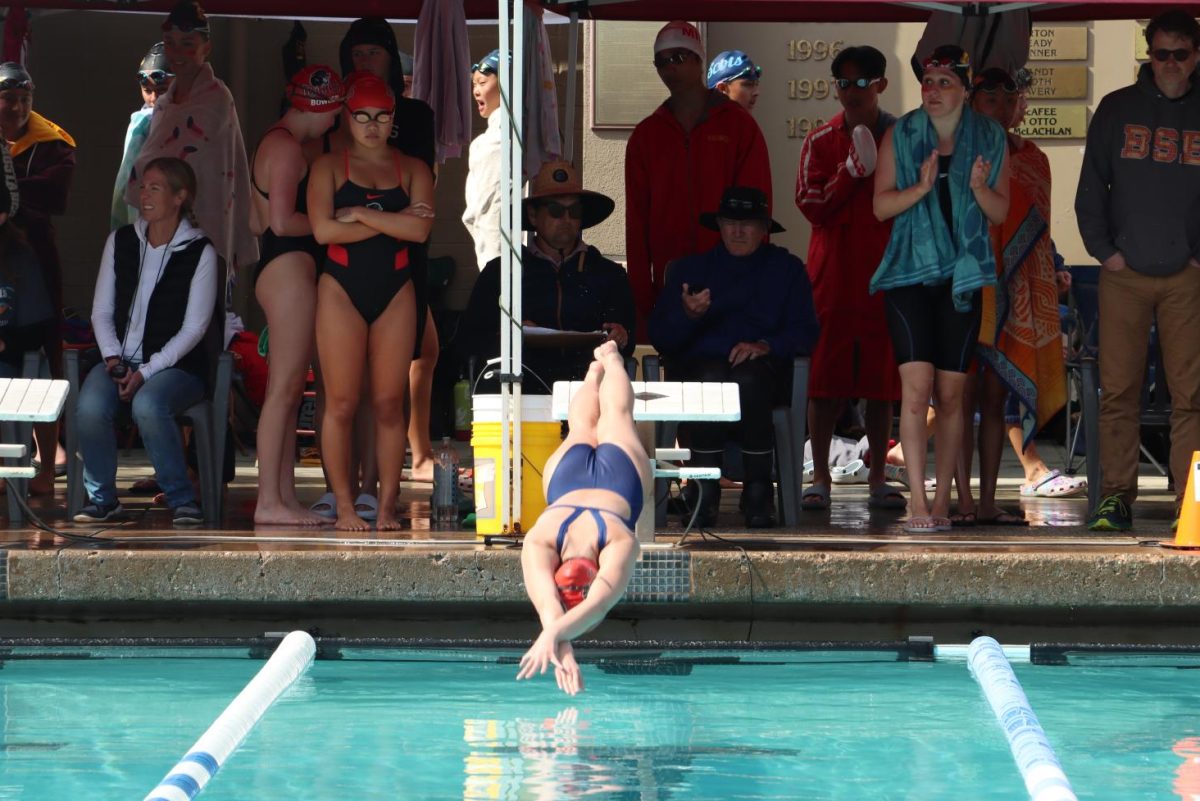
May 16, 2025
Josie Wettan, Social Media Manager






